Bok Choy: Everything You Need to Know
There’s the possibility that you never have picked up bok choy and placed it in your grocery cart, much less cooked with it at some point in your life. If you haven’t, you’ll be surprised at what you’ve been missing out on all this time. Even if you’re not a big green eater, bok choy is an excellent green for you to get started with, while containing so many nutrients and health benefits for you at the same time. Let’s talk about Bok Choy: everything you need to know.
Out of 41 nutrient-rich plants, bok choy ranked a high second due to its nutrient density. It’s been known to support bone growth, promote a healthy heart, and may help to prevent cancer, amongst several others. Here’s more on bok choy and everything you need to know about superfood.
Bok Choy: Everything You Need to Know
Often referred to as the Chinese white cabbage, bok choy (Brassica campestris L) is a cruciferous vegetable that has dark green leaves on top and a white bulb at its other end. It comes from the brassica family and is also known as the “gateway green” because of its mild and pleasant flavor. So if you’re looking to start eating greens on a more regular basis, bok choy is a good one to start with.
It can be consumed in its baby form, or you can wait until it’s reached maturity. When it’s fully matured and ready for harvesting, it reaches 12-18 inches in height. You can find it in the store all throughout the year, but it reaches its prime during the winter when it will be crispier and sweeter in flavor. It’s at its most nutritious when eaten fresh and right away.
Fun Facts of Bok Choy
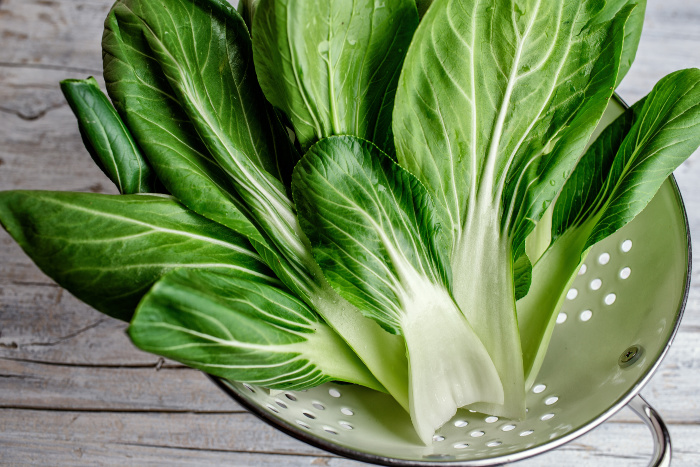
You may think that bok choy more closely resembles celery, but it’s actually part of the cabbage family. It’s sometimes called the “soup spoon” because of the shape of the leaves.
The Chinese have been cultivating bok choy for over 5,000 years and it is a staple food in Asian cooking. Today, it’s still grown and harvested in China, as well as parts of California and Canada.
The stalks and leaves can also be cooked, but first, make sure that you separate them and wash them separately. That way you can be sure that they have been properly cleansed.
Bok choy tastes fairly similar whether it’s eaten raw or cooked. It has a slightly sweet, but also a hint of bitterness (mustard flavor), but the texture is certainly different between the two.
Varieties of Bok Choy
The two main varieties of bok choy are the white-stemmed type and the Shagai. You may also see bok choy (American) spelled in different variations like bok choi (British), pak choy (Australian), and pok choi. (Chinese)
Nutrition Facts
Bok choy is a rich source of vitamins A, C, and K, while containing moderate amounts of folate, calcium, and vitamin B6. The vegetable is incredibly low in carbs and calories, while also containing other important nutrients and minerals like iron, potassium, magnesium, phosphorus, and also beta-carotene.
Health Benefits
May Help to Prevent Cancer
Bok choy contains a number of anti-cancer properties, including folate, beta-carotene, selenium, and vitamins C and E. All of these work to detoxify and protect healthy cells from free radicals. These nutrients and antioxidants also help to prevent cancer cells from forming or mutating in your DNA.
Maintains Stronger Bones
Bok choy is also filled with calcium, magnesium, iron, phosphorus, and vitamin K. All of these work together to help maintain bone structure and strength and help prevent bone fractures.
Naturally lowers Blood Pressure
The magnesium, calcium, and potassium that are found in bok choy provide a way for your body to naturally lower your blood pressure.
Promotes Heart Health
Bok choy also helps to promote a healthy heart because of vitamin C, B6, potassium, and folate that’s densely crammed inside. They work together to maintain healthy blood vessels and prevent major heart problems.
Inflammation
The choline that can be found in bok choy helps to reduce chronic inflammation while helping your cells to maintain their right structure. It also helps with learning, memory, muscle movement, and even helps you sleep.
May Help People with Type 2 Diabetes
Vegetables like bok choy, have been found to help patients that have type 2 diabetes to maintain their blood sugar levels.
Improves your Immune System
Selenium plays an important role in providing your immune system with what it needs to better fight off infections, bacteria, and viruses. It helps to stimulate the production of T-cells that battle these foreign invaders.
Provides Healthier Skin
Vitamin C is an essential nutrient that also has antioxidant properties that help prevent your skin from being damaged by the sun, smoke, or pollution. It provides your body’s collagen with the ability to improve your skin’s texture and may reduce wrinkles over time.
Storing Bok Choy
When you get home from the grocery store, be sure to immediately put the vegetable in the vegetable compartment in your refrigerator. Make sure that the humidity is up and it should be able to last for about 3 to 4 days.
Cooking with Bok Choy
Like I mentioned earlier, bok choy can be enjoyed raw in a salad or also in a coleslaw. Many people use it in their stir fry, while it can also be boiled or steamed. As it’s being cooked, the stems on the bok choy become tender and creamier, while the leaves become a brighter color.
Here are a few different ways you can cook with bok choy and add deliciousness to your meals, along with several recipes I’m sure you’ll enjoy.
Safety Concerns
Most anyone can enjoy bok choy without having to worry about any health concerns, but those who have thyroid problems may have to eat it in moderation. That’s because the vegetable contains goitrogens that can cause the thyroid gland to swell if eaten on a continual basis.
Those of you that struggle with arthritis, kidney stones, and other related disorders may be advised not to eat certain greens that contain higher traces of oxalate, but with bok choy, you don’t have that to worry about. That makes it a friendlier green for you to consider.
Final Word
Bok choy is a superfood that’s both nutritionally dense and provides you with so many health benefits. If you’ve enjoyed bok choy for a while now, how do you prepare and eat it? What do you think about Bok Choy, everything you need to know? May God Bless this world, Linda
Copyright Images: Bok Choy Deposit photos_143016749_s-2019, Bok Choy AdobeStock_97306484 by Naillia Schwarz

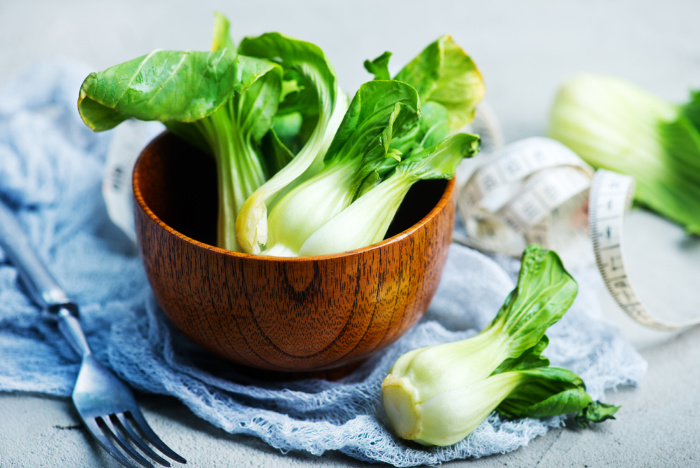

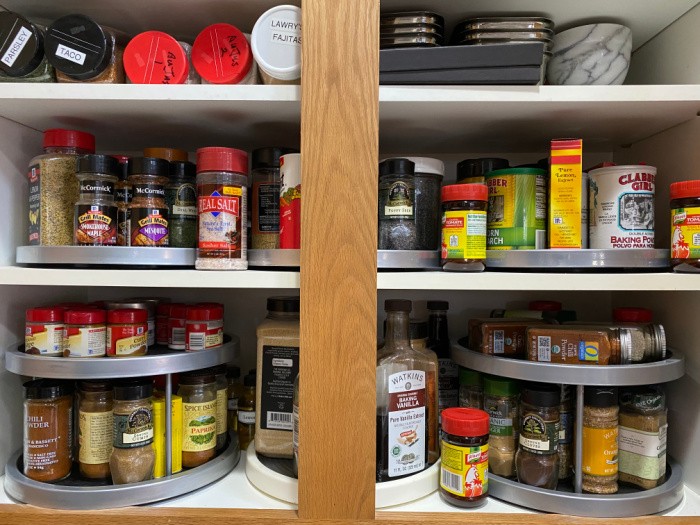
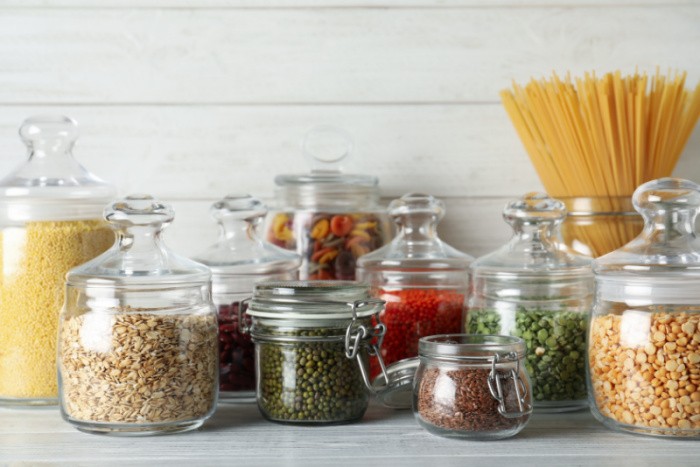
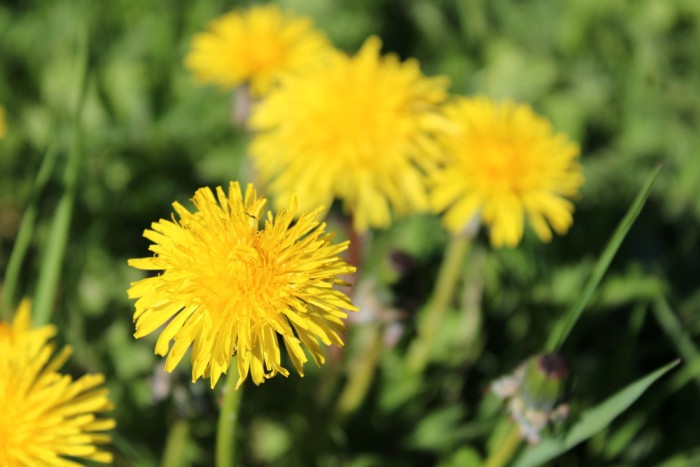
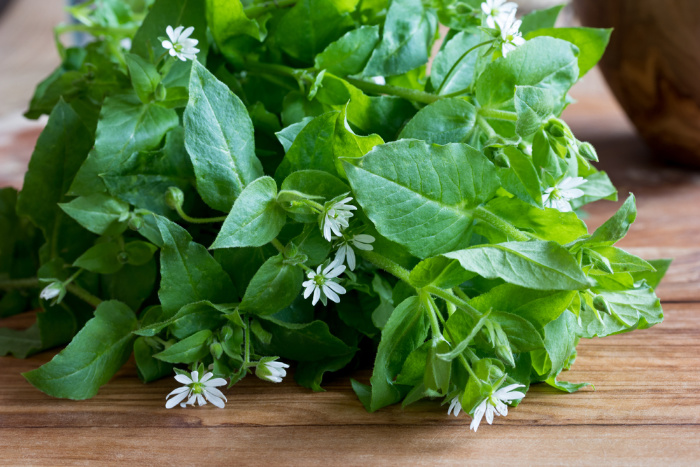

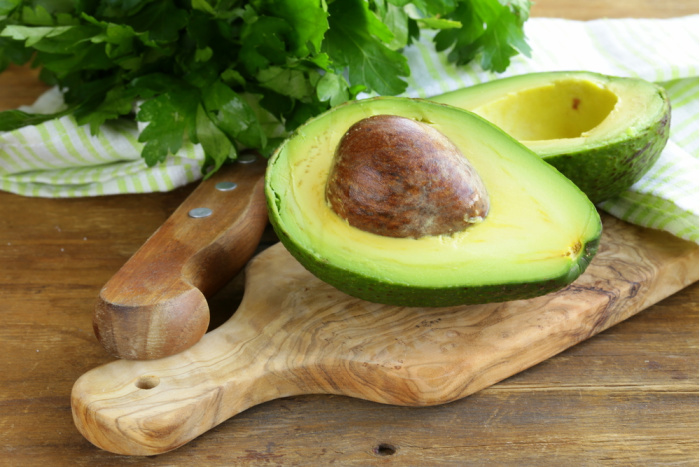

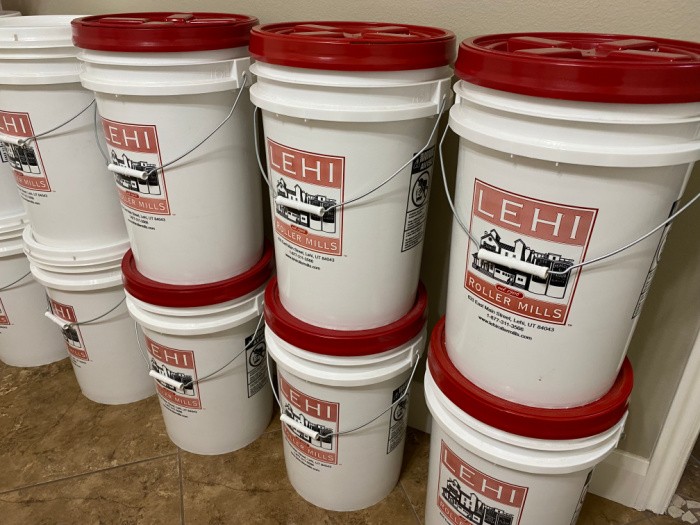
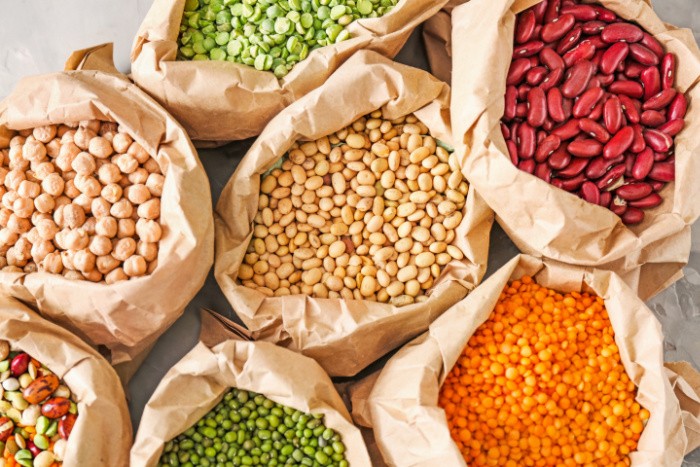



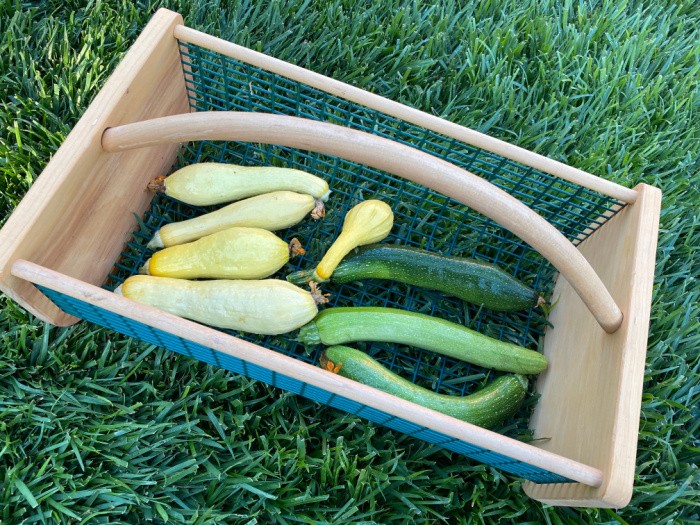
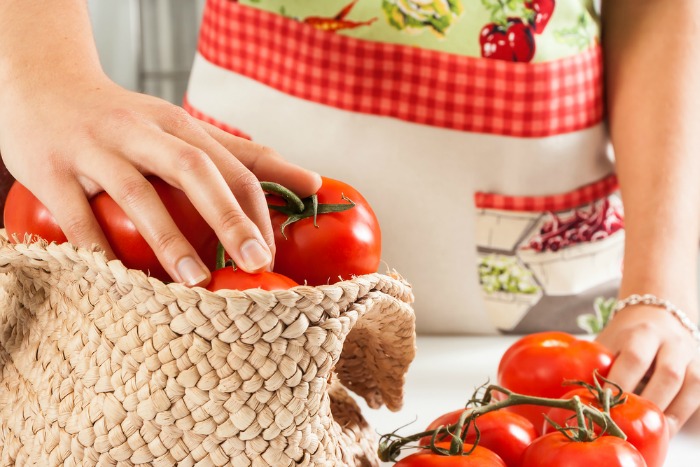





Wow, that was a good article. It’s really an impressive vegetable. I know it’s a cabbage but it also reminds me of green onions, which I love to eat in stir fry dishes, won ton soup or in omelet. So I have wanted to try this out of curiosity.
I see it all the time and it always look really fresh and huge.
Hi Frank, thank you for your kind words. I’m sharing a salad I made with Bok Choy in a couple of days. It’s so yummy! Oh, I love won ton soup too!! Yummy! Linda